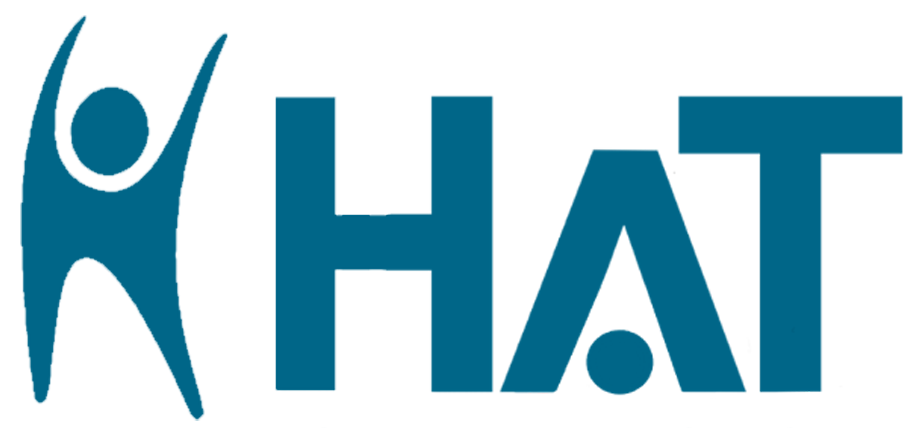Today’s presentation will be a Hybrid meeting with online and in-person options.
Join Zoom Meeting https://us06web.zoom.us/j/971381033
Join us in-person at The 519, 519 Church Street, Rm 301
“Questions About Economic Inequality”
Presented by Victor Provenzano
According to The Dawn of Everything, while some hunting and gathering societies had kings, slaves, and castes, on the whole, both earlier and later, these societies were far more egalitarian than those that arose during the history of civilization, which, quite often it seems, is a history of tyranny and religion, empire and war, slavery, corvee labor, and unimaginable inequality. Moving ahead to the most recent phase of history, are the inequalities that now exist between the poor in the global South and the affluent in the North even tenable, or could they lead, sooner rather than later, to an epidemic of failing states and begin to undermine our current global civilization when the world grain supply is undermined by the imminent water shortages, soil depletion, and climate change?
In the opening of Guns, Germs, and Steel by Jared Diamond, a book that examines the origin of global inequality, a New Guinean asks the future author: "Why do the white men have so much cargo and we the New Guineans so little?" What is the answer to that intricate question, if one asks it in this form, "Why do the rich in the global North have so many assets while we, the poorest in the global South, have so few of them?
When the empires of Europe began their conquest of the world in the 1500s, Europe went from being less than 3 times as wealthy per capita as the nations they would conquer to being more than 30 times as wealthy in 1963 at the outset of the neo-colonial era. Was much of this rise in wealth on the "old continent" in any way conceivable without the defining actions of these European empires, that is to say, without wide-scale land theft in the global South, the planting of cash crops (to replace the grain needed to feed those whose land had been stolen), the theft of mineral wealth (first precious metals and then, for instance, metals for industry), slavery on an immense scale, and then Scramble for Africa in the 1880s with its new system of forced labor that preceded the advent of a near universal affluence in the West?
Could a global minimum wage be a way of beginning to address the unimaginable inequality that now exists between the 40% of humankind whose minimal combined assets are less than those of the 10 wealthiest human beings on earth?
As of a few years ago, the 600-odd U.S. billionaires had more than 11 times the assets of the poorest half of the U.S., yet this inconceivable asset gap has somehow worsened quite significantly since the beginning of the COVID era. Is this rather fanciful asset inequality, along with the income inequality that now accompanies it, one of the main factors in the rise of Trump and the attempt by the far right to enact a new Beer Hall Putsch on January 6? Is it one of the main factors in the rise of the far right around the world?
According to the Toronto Star by January of this year, during the COVID era alone, the 50 odd billionaires in Canada saw their assets rise by a little more than one half. If one looks at the issue more widely, in the last decade, of every $100 of new wealth that was created in Canada, $34, or around a third, went to the richest 1% and only $5 went to the bottom 50%. One might ask, under these exceedingly unequal and, for now, ingrained conditions, how long might it be before the hard right is able to find a political opening in Canada --- as has already happened in the U.S. and elsewhere around the world --- in light of the lack of any notable tax measures by the ruling Liberal Party to address this ongoing trend of one-sided and upward redistribution of the wealth to the 1% in the boreal North?
Of those who fall within the UN's definition of extreme poverty, two thirds spend 30 to 40% of their income to buy rice alone. A similar issue exists for those who rely on maize or wheat as their staple and it is likely an invitation to an international famine at some point in the not-so-distant future. A study commissioned by the British Foreign Office foresees the onset of a global famine by the year 2040 because of water shortages, soil depletion, and climate change. One of the key underlying causes of most of the famines in history is what is called "money famine," which is to say, a condition in which families do not have enough money to buy their staple grain when its price rises. When the price of rice, wheat, and maize, for instance, triple or quintuple in the future during the initial global famine, as they each rose before the Arab Spring and then set in motion an uprising in an entire region, how will those living in the global South who now spend 30 to 40% of their income simply to buy their staple of rice, wheat, or maize be able to survive?
Is the wide-scale economic inequality that we now see in the well-to-do nations, as well as on a global scale, incompatible with democracy?
Can social democracy continue to exist in isolation as only a province of those in the wealthiest nations, while, on the board of the IMF, the U.S., the UK, and Germany, with their controlling shares, continue to try to prevent a similar form of social democracy from ever taking root in the nations of the global South by incessantly imposing a new round of austerity?
Can the word 'humanism' have a tangible meaning if one does not have a worldview that tries to encompass the well-being of all of humankind?
